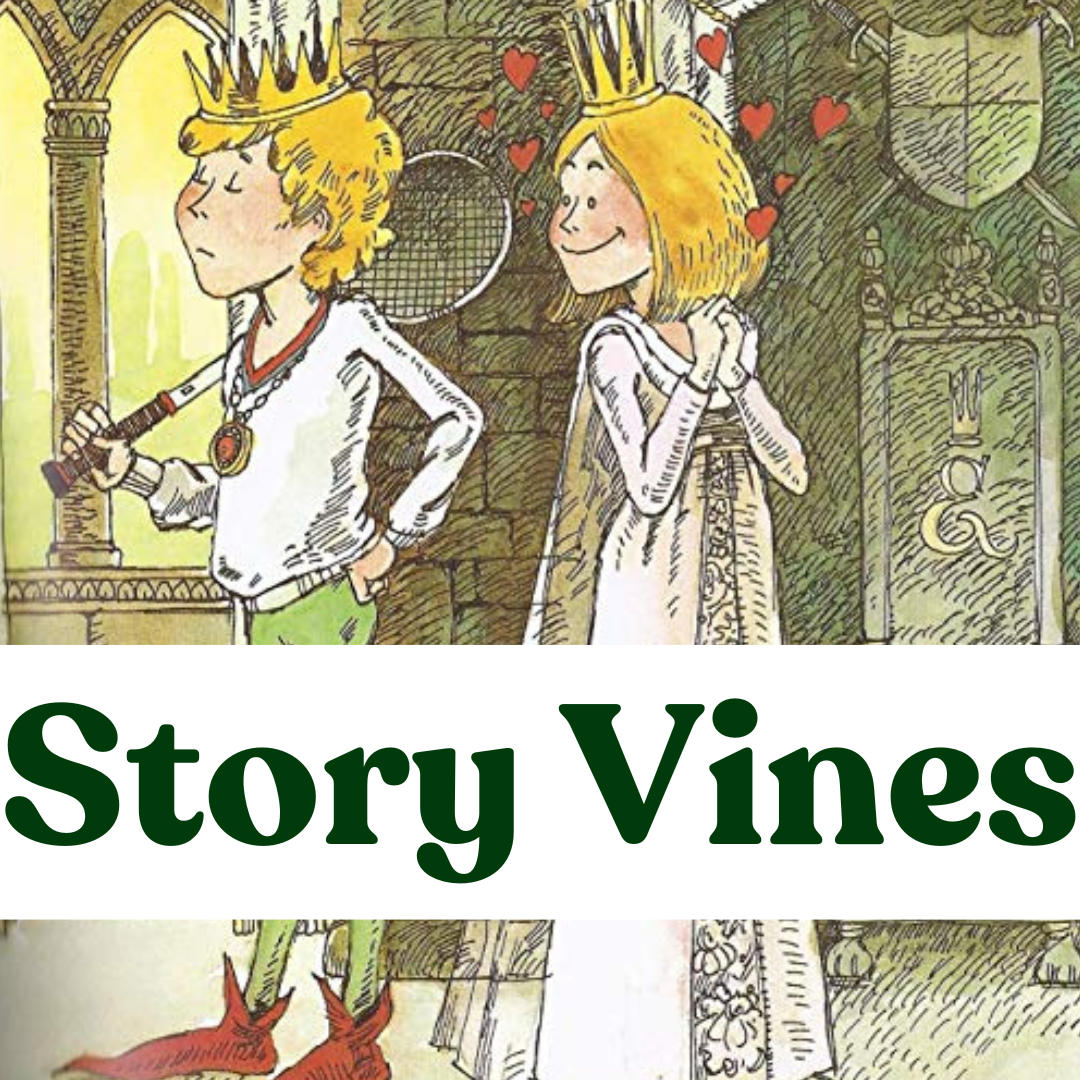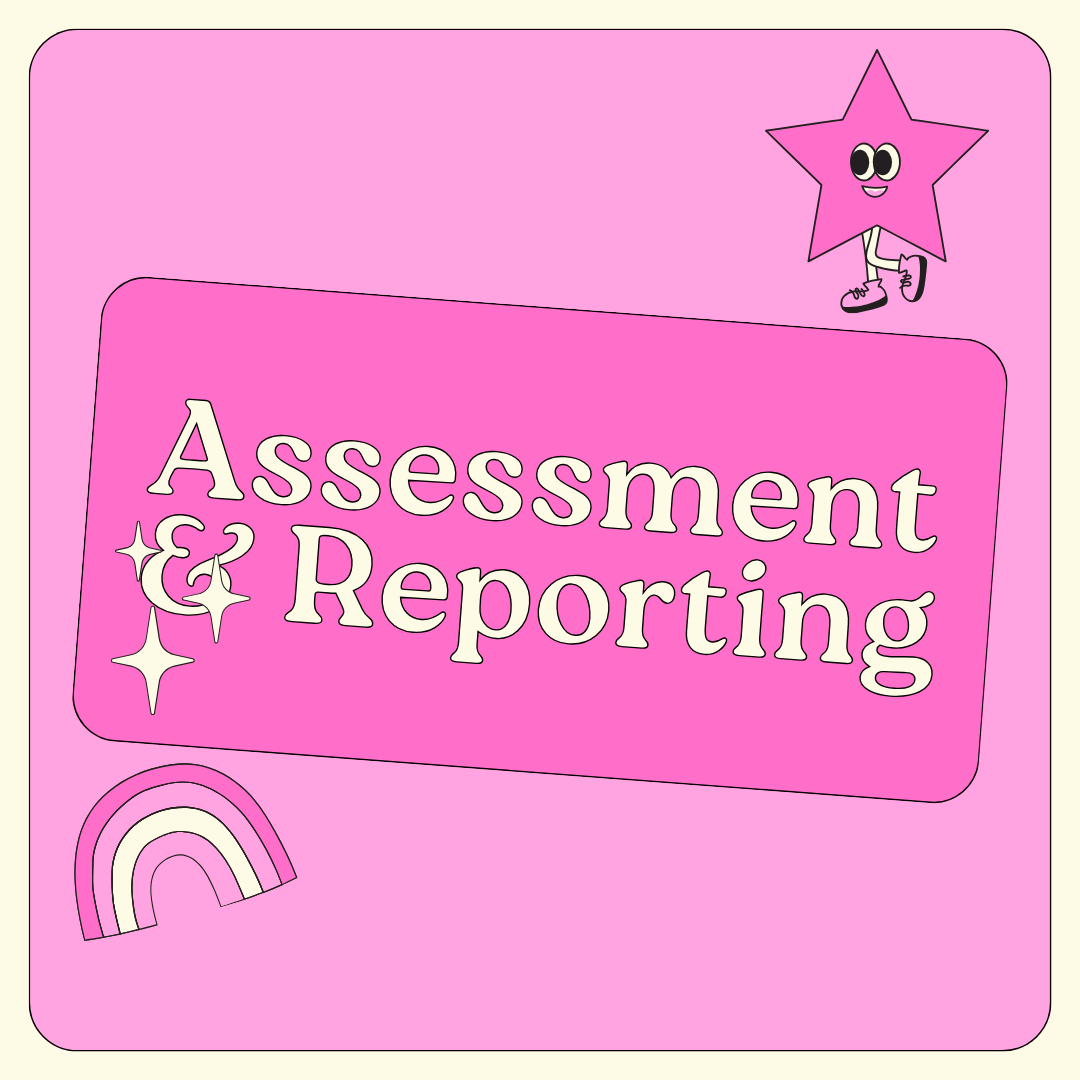Mirrors, Windows, & Sliding Glass Doors
I recently looked into Rudine Sims Bishop’s analogy of “Mirrors, Windows, and Sliding Glass Doors” after seeing a video referencing her work in the context of social media. The video (DISCLAIMER: includes explicit language) addressed the issue of using language sensitivity online after another user complained about seeing an increase of terms such as “unalive” and “self-deletion” being used to talk about suicide, claiming that the censoring of the original language in unnecessary. The response video urges its audience to take a look at their social media; more specifically to take a look at their following list.
It explains how the concept of “Mirrors, Windows, and Sliding Glass Doors” has a very real impact on our worldviews. The video suggests that the reason people are getting upset about violent language being replaced by other words is because their following lists are mirrors. They are “not following black, Indigenous, and other people of colour,” and the reason why language is being replaced online is because “black, Indigenous, and other people of colour had to start using different words” to share their stories online without having their videos being reported and taken down.

With all this in consideration, it becomes crystal clear why it is so important for teachers to make sure the books they are making available to students are not just mirrors, but also windows and sliding glass doors. Students need to be able to see themselves in the stories that they read- but a mirror that reflects one student does not necessarily reflect them all. Reading is an opportunity for students to gain empathy, understanding, and cultural awareness. They need to understand that even if something isn’t relevant to their own lives or doesn’t affect them personally, it is relevant to others and affects others.
This is where it becomes crucial to include authentic books that speak on the experiences of different cultures, races, identities, sexualities, and religions. Students who are only exposed to their own experience will not have a chance to gain the cultural awareness and understanding of the people around them. Having a diverse set of reading materials is a major step teachers can take to ensuring their students have a chance at being good people.


